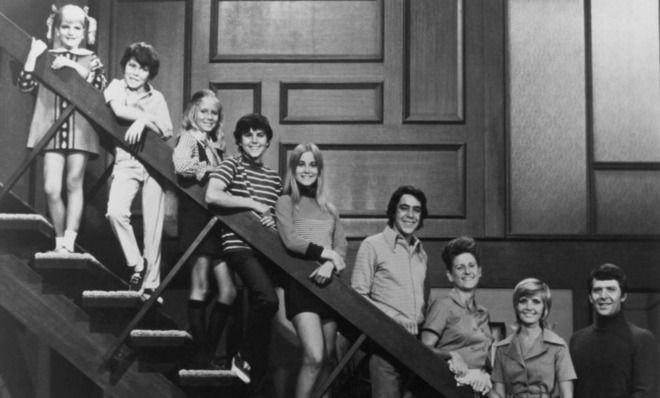Our obsession with parental happiness is making us miserable
Why do today's harried parents need a happiness validation?


The latest study about the relationship between children and happiness offers good news for parents. Some mothers and fathers, mainly older and more educated ones, experience a boost of happiness right before and after their first two children. Who said parenting couldn't be fun?
Unfortunately, these findings aren't reassuring in light of similar studies from the last half century. Taken as a whole, science tells us in no uncertain terms that children do not make us happier and can even make us unhappier, reducing this tiny pre and post baby boost to a paltry concession prize.
That said, I do have an idea on how we can all become happier: stop obsessing over whether or not children make us happier.
Subscribe to The Week
Escape your echo chamber. Get the facts behind the news, plus analysis from multiple perspectives.

Sign up for The Week's Free Newsletters
From our morning news briefing to a weekly Good News Newsletter, get the best of The Week delivered directly to your inbox.
From our morning news briefing to a weekly Good News Newsletter, get the best of The Week delivered directly to your inbox.
Pursuing happiness in parenthood is a rather reductive and cynical approach to the whole endeavor. Most of the big things we do in life aren't for happiness, but joy. Our big projects, whether running a marathon, writing a book, or opening our own business, are probably not daily mood boosters, but sources of long-term satisfaction mixed in with moments of stupendous glee.
I think most parents realize this, deep down. So why do we keep searching for that happiness fix?
Part of it is outside our control: Parenting is just harder than it used to be.
There's the well-documented financial squeeze most parents feel from the aftermath of the recession and the rising costs of raising children. There's also a schedule squeeze borne from the upending of the traditional household.
As books like Judith Warner's Perfect Madness and Brigid Schulte's Overwhelmed illustrate, we are still in the very rocky beginnings of the transition to domestic parity. In the old, sexist order, the mother's job was to manage the kids' schedules, plan birthday parties, and make dinner. Without that designated caregiver, parents struggle to perform even the most basic of child-rearing tasks. And without universal paid parental leave, sick days, reliable and affordable day care, and flexible workplaces, our workplaces aren't cutting us any slack.
But there is a way that parents can end their futile search for happiness: Stop reading stuff like this and just let go.
From helicopter parenting to a blogosphere that makes some women feel guilty about letting their kids watch a cartoon, we are living in the age of parents gone wild.
Experts routinely warn us against over coddling and over scheduling our kids. They encourage us to stop being risk-averse and let our kids take responsibility for themselves. Nevertheless, no matter how many times professionals tells us that little Luxx and Adler will be just fine, another new theory about gluten, discipline, or antibiotics seems to get in the way. This parenting culture has so greatly upped the investment of time, energy, and money into our kids, that it is only natural for moms and dads to harbor resentment when the returns aren't so great.
We need to undergo some communal psychic shift in our expectations. Ditch the idea of happiness, and not only will we feel less disappointed when the returns aren't mood-boosting, but we will also have less incentive to give quite so much.
Chances are, we'll probably end up a little happier.
Sign up for Today's Best Articles in your inbox
A free daily email with the biggest news stories of the day – and the best features from TheWeek.com
Elissa Strauss writes about the intersection of gender and culture for TheWeek.com. She also writes regularly for Elle.com and the Jewish Daily Forward, where she is a weekly columnist.
-
 Today's political cartoons - February 22, 2025
Today's political cartoons - February 22, 2025Cartoons Saturday's cartoons - bricking it, I can buy myself flowers, and more
By The Week US Published
-
 5 exclusive cartoons about Trump and Putin negotiating peace
5 exclusive cartoons about Trump and Putin negotiating peaceCartoons Artists take on alternative timelines, missing participants, and more
By The Week US Published
-
 The AI arms race
The AI arms raceTalking Point The fixation on AI-powered economic growth risks drowning out concerns around the technology which have yet to be resolved
By The Week UK Published